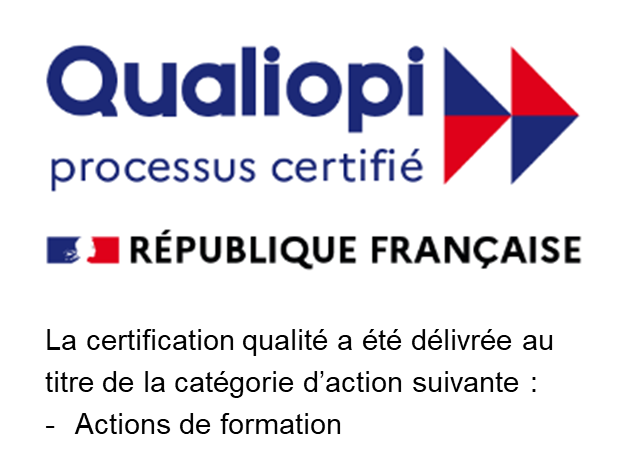So, what do corporations expect from Partner Support? This goes far beyond pure incentive, and from a business perspective the following areas need to be taken into consideration:
Let’s start with impact on assignment. In a recent survey conducted by NetExpat and EY, three main strategic objectives were mentioned. 71% of employers offering partner support expect an increase in assignment satisfaction, which reflects the fact that 71% of corporations see an unhappy and unintegrated partner in the host location as the most common reason for a failed assignment. Another 62% of employers wish to encourage employee acceptance of an assignment by offering support to their partners. This combines the fact that 70% of the male and 78% of the female employees see partners, who are unwilling to move because of their career, as the most common reason for not accepting an assignment. And remarkably, 43% of employers expect an increase in job performance.


















